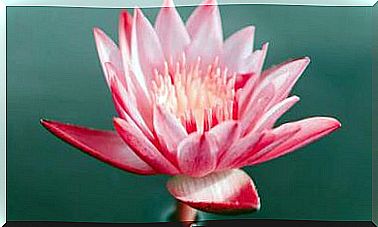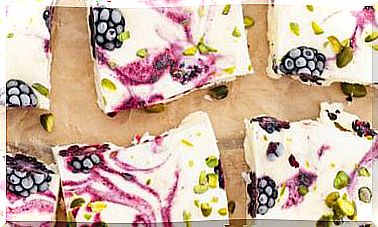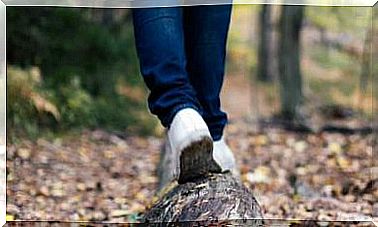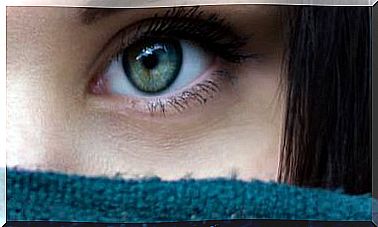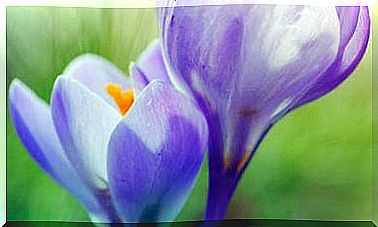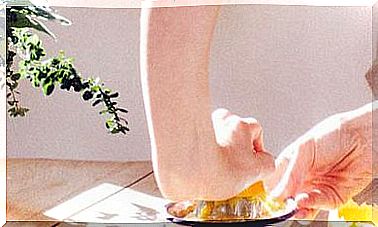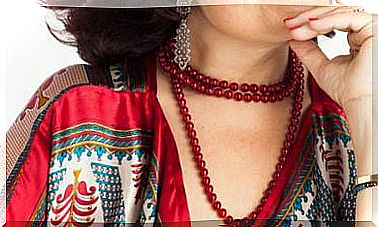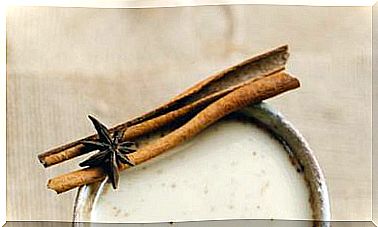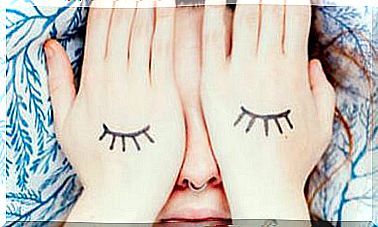“Going By Bike Allows You To Appreciate Life More”
For Juan Carlos Kreimer, the bike is, more than a passion, a great Zen tool: it provides balance and shows the world in another light.
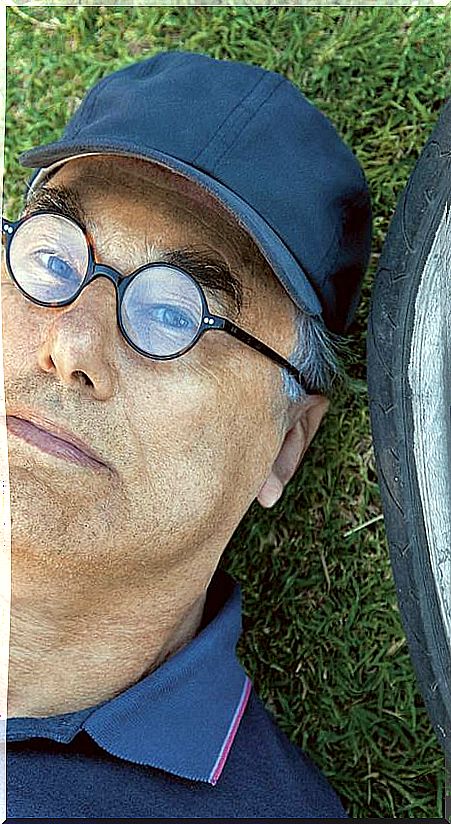
Passionate about bicycles for as long as he can remember, Juan Carlos Kreimer, an Argentine journalist and writer, soon realized that this two-wheeled device allows him to live like nothing in the here and now.
By professional deformation and for pleasure, in the last 20 years he has been writing down, from the saddle of his many bicycles, his reflections about riding a bike as a means of self-knowledge.
Those notes have now been finalized in a book, Bici Zen ; a tribute to the bicycle as a symbol of simplicity, ecology, personal growth and Zen tool.
We had the honor of interviewing him during his time in Barcelona.
Zen bike: pedaling leads to meditation
“How is something like riding a bicycle to meditate like?”
—When you sit on the bike and start pedaling, you immediately enter a different state of consciousness.
It is not a great journey, it is very subtle. The fact of moving your legs makes you have to keep your balance and that you generate movement from the energy center of your body.
Your breathing is rhythmic and leads you … Your vision changes because you start to see with the peripheral part of your gaze, you even see things that you don’t normally see.
In addition, the bicycle forces you to be present. That, plus the vibration of the rolling, causes a phenomenon similar to that of meditation to begin to occur in consciousness, because thoughts pass.
When you go with the bicycle, you don’t start to criticize them, you let them pass and there comes a time when a “strainer” effect is produced, in which the conscience witness of the thoughts develops.
“What happens in those moments?”
—When you observe the mind and do not get hooked on the thoughts, emptiness arises.
That produces an opening of the non-dominant hemisphere. Sensations of pleasure, of full presence, of well-being emerge. In addition there are ideas, many.
“In the bicycle a state of consciousness arises similar to that of meditation”
“What prompted you to write such a profound book about cycling?”
—I’ve been riding the bike for more than 20 years and I can’t stop observing what happens to me, drawing conclusions.
I take notes, for the sake of writing down, without thinking if they will help me to write later, but focused on the process, as in Zen practice.
Over time I have come to realize that these annotations were naturally grouped by subject. I did not want to make a self-help book, or a technical manual, I am not an urban cycling teacher either.
But four years ago something changed …
-What happened?
“I was banned from cycling because of prostate cancer.”
You do not know what it was like to have to take public transport for everything and be waiting for your turn in the radiotherapy room amid so much suffering!
I felt that I had to counteract that feeling with something that would give me happiness, pleasure. So I took three months off to do things that made me feel good.
I started a macrobiotic diet that helped me energize my body and dissolve the effects of radio. As an activity, I thought about putting together what I liked to do the most: cycling, writing and Zen.
And I started writing in the Zen way, but not with the idea of making a book.
“Pleasure as therapy …
” I allowed myself to write about the topics I had written down.
I did it in a cafeteria with wonderful views and it happened to me that by evoking those moments on the bike I relived that state.
Within three months I had written a book which I then reordered by subject and refined.
The bike has benefits for everyone
—In cities there are more and more bike lanes, and the benefits are enormous for the environment and for the person…
—There are people who take their bikes on the subway, take their children to school by bike…
The bicycle is already part of the urban landscape. And more and more kilometers of road networks are dedicated to it.
It is also part of the collective unconscious of people who cultivate attitudes very close to Zen, such as the concept that we have to live in the present, live better, that we cannot be so stressed, that so many material goals do not guarantee happiness …
“The bicycle connects you with the first sensations of freedom”
As political resistance to that mental reality of running against time and information, in the internet age, meditating, cycling or gardening on the terrace creates a state of consciousness that serves to compensate for this madness of the world in which we live.
“You have seven bikes … which is your favorite?”
“A collectible Raleigh that has a very special ride, with vintage wheels and for medium distances.”
I use it when I go out for a walk with my partner. She goes in a similar woman.
But when I go to do an interview or procedure I use a very simple bike with gears, wide wheels, a mountain bike with a comfortable seat and good lights. He is 15 years old, but he is immaculate.
—If I take my bike out of the storage room, grease it and I intend to do a few kilometers every day, what will change in my life?
—First you’re going to have that space for internal dialogue to be with yourself that is different from sitting on the couch or even meditating with your legs crossed.
You are going to meet a six-year-old Gem again, like when you started to taste that feeling; the air in your face will tell you: “today is a sunny day or is it a beautiful day”.
You will appreciate how the landscape of the city is changing, to see things that you would not see otherwise. By greasing the bike or protecting it from the rain, you will take care of yourself, because what is outside is inside.
By getting back on the bike, one begins to appreciate life more.
—The bike links with emotional memory, with enjoyment…
—The bicycle is a symbol of the happiness of the first youth and the first sensations of freedom.
When your father was holding you by the saddle and he released you, your feeling was “that’s it, I can go alone without my parents taking care of me, it’s me” and then: “this is my bike, I have my bike.”
It is taking responsibility for what I do with my bike, with my walk.
—What’s your next bike project?
—Now, when I return to Buenos Aires, I have an idea of setting up a group activity.
Going out every 15 days with a group of people doing an awareness ride. We have already done it a few times in a large park in the city where there are many trees.
We started riding our bikes across the grass, among the trees. I would lead people in a game so that while they were skirting the trees, they would try to see as many greens as possible.
Then he made them focus on the sounds and walk around, then on the bodily sensations… It is a moving meditation that keeps you alert.
—He is 71 years old and in great shape. What are your perceptions on a physical level?
“Sometimes on the bike I have a wonderful feeling of nothing.”
The bicycle re-energizes me, it recharges not only my body, but also my mind and affections. It makes me come home much kinder, more loving.
Also for a long time I have gone out on Saturdays with my partner to row in a rail boat. It is a very complete exercise and it provides mental spaces very similar to cycling and meditation, and I also dance.
—Well, don’t waste time…
—I was already a conscious person before the disease, but now I have even more in mind the present moment, time, vulnerability, cycles, that nothing is forever …
Juan Carlos Kreimer
When he was exiled in London, back in 1977, this Argentine journalist was called by the Bruguera publishing house in Barcelona to write a book on the sociological phenomenon of punk, and that is how his first work emerged: Punk, la muerte young . I was a cultural journalist then.Later, his life and profession would advance parallel to his three great passions: writing, Zen and cycling, and other challenges would come: directing the magazine One Self and giving life to works related to mysticism and thought, such as Krishnamurti for beginners. o The river and the sea , and a dozen research and fiction books. Bici Zen (Ed. Kairós) is his latest work.
Currently Juan Carlos Kreimer lives in Buenos Aires. When you ride your bike it feels almost countercultural, because even though society has changed and the bike is part of the city, you feel like you are doing something new.
“Going by bike is sharing a discipline of change, ecological and healthy that has to do with being able to do simple things to improve life,” he says.
